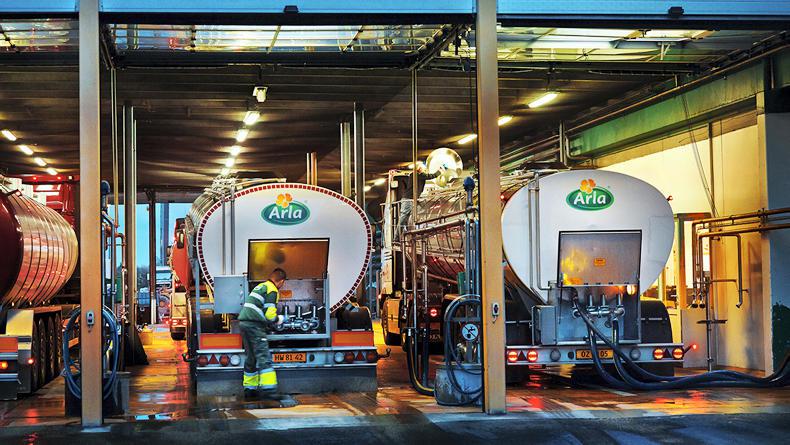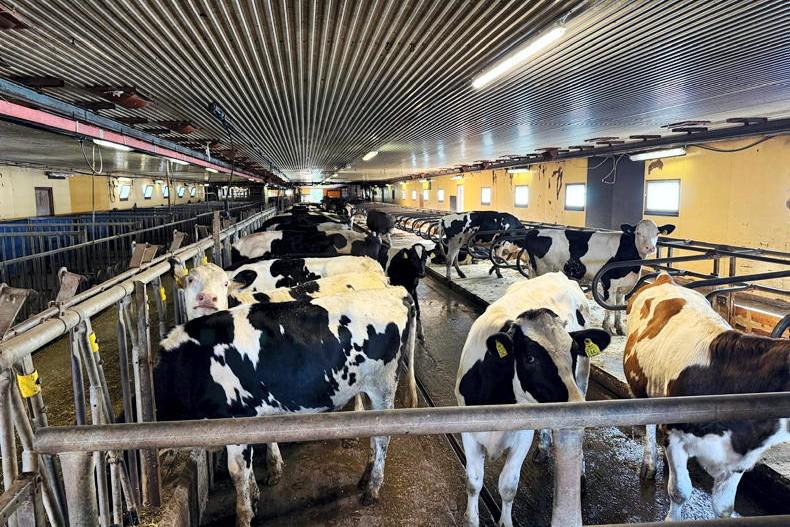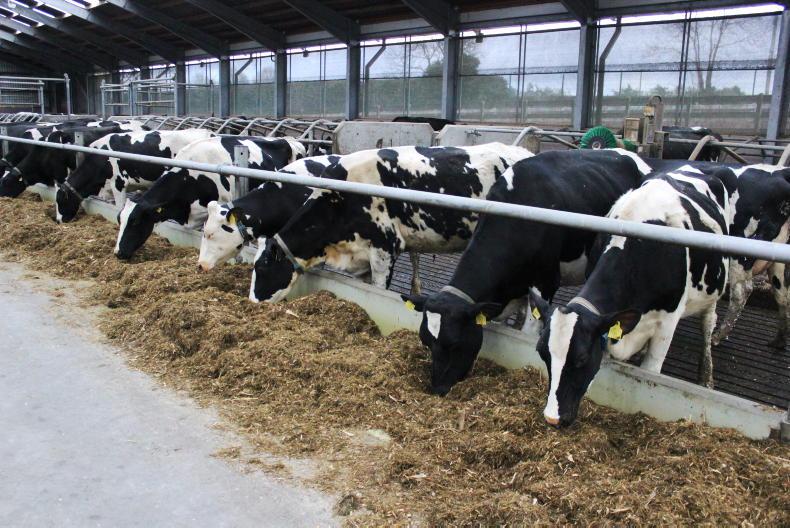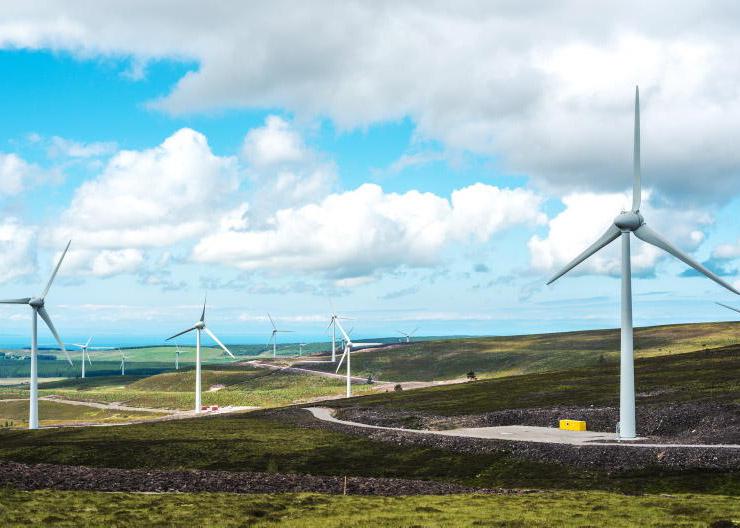Arla is planning to reduce its greenhouse gas emissions by 30% per unit of milk produced and "work towards carbon net zero by 2050", the Danish-based co-op announced this Monday.
The target marks a significant acceleration in past improvements, with emissions per unit of Arla's milk dropping by 24% since 1990.
Two of the priorities outlined by Arla are to reduce methane emissions from cows through feed optimisation, with direct investment by the co-op in research, and quantifying and increasing carbon captured and stored in soils and vegetation on farms.
Data collection
Arla will update a new internal data collection system covering 96% of its milk pool. "A next step is to include parameters that will indicate the farm’s impact on climate and environment. This will give us an opportunity to see in which areas we have the biggest potential, to identify best practice farms that we can learn from across our co-operative,” said co-op chair Jan Toft Nørgaard.
Alongside the roll-out of climate assessments for individual farmers, the data collection drive mirrors efforts made by Bord Bia in recent years through quality assurance schemes and Origin Green.
We believe that a growing number of consumers are willing to reward the most sustainable dairy farmers by paying a little more for their milk
Arla will also launch two premium brands from farms applying higher climate change, animal welfare and farm management standards in Denmark and Sweden this year.
“We believe that a growing number of consumers are willing to reward the most sustainable dairy farmers by paying a little more for their milk in the same way as we have seen with organic dairy," said Arla Foods chief executive Peder Tuborgh.
Over 10,000 farmers are members of the co-op across seven countries stretching from Germany to the UK.
Read more
Listen: pigs and poultry farms to join Origin Green
Danish farming and nature organisations join forces on climate change
Arla is planning to reduce its greenhouse gas emissions by 30% per unit of milk produced and "work towards carbon net zero by 2050", the Danish-based co-op announced this Monday.
The target marks a significant acceleration in past improvements, with emissions per unit of Arla's milk dropping by 24% since 1990.
Two of the priorities outlined by Arla are to reduce methane emissions from cows through feed optimisation, with direct investment by the co-op in research, and quantifying and increasing carbon captured and stored in soils and vegetation on farms.
Data collection
Arla will update a new internal data collection system covering 96% of its milk pool. "A next step is to include parameters that will indicate the farm’s impact on climate and environment. This will give us an opportunity to see in which areas we have the biggest potential, to identify best practice farms that we can learn from across our co-operative,” said co-op chair Jan Toft Nørgaard.
Alongside the roll-out of climate assessments for individual farmers, the data collection drive mirrors efforts made by Bord Bia in recent years through quality assurance schemes and Origin Green.
We believe that a growing number of consumers are willing to reward the most sustainable dairy farmers by paying a little more for their milk
Arla will also launch two premium brands from farms applying higher climate change, animal welfare and farm management standards in Denmark and Sweden this year.
“We believe that a growing number of consumers are willing to reward the most sustainable dairy farmers by paying a little more for their milk in the same way as we have seen with organic dairy," said Arla Foods chief executive Peder Tuborgh.
Over 10,000 farmers are members of the co-op across seven countries stretching from Germany to the UK.
Read more
Listen: pigs and poultry farms to join Origin Green
Danish farming and nature organisations join forces on climate change










SHARING OPTIONS